Traveling opens the door to unforgettable moments—but it also exposes you to people ready to take advantage. Even seasoned travelers fall for clever tricks, especially when they’re tired, distracted, or in unfamiliar territory. Scams have gotten smarter over the years, blending in so well that they feel like just another part of the trip. Some involve fake friendliness, others use staged drama—but they all have one goal: your wallet.
Here’s a list of 16 travel scams that can fool even the most careful tourists.
The Broken Taxi Meter
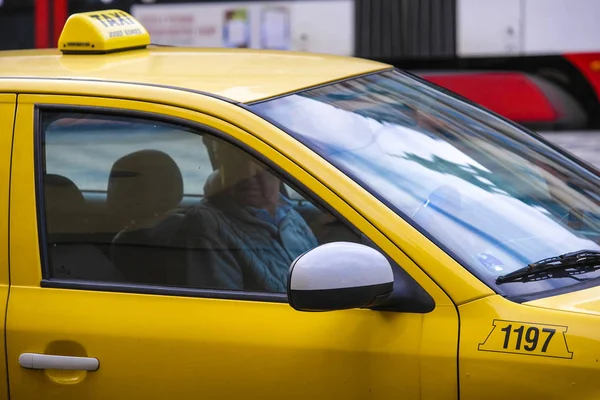
A cab pulls up, and the driver says the meter’s broken—but don’t worry, they’ll give you a “good price.” That’s your first red flag. The fare is almost always double or triple what locals pay.
Experienced travelers now ask for the meter upfront or use official ride apps when possible. It’s a small step that stops a big rip-off.
The Closed Hotel Lie

A friendly driver or “helpful” local tells you your hotel is closed or overbooked. Then they conveniently offer to take you to a different one—they just happen to know someone. Turns out, your hotel was open all along, and the new one charges inflated prices with poor service.
It’s a commission scam that hits hardest when you’re jetlagged or new in town. Always confirm with your hotel directly before changing plans.
Like Travel Pug’s content? Follow us on MSN.
Fake Police Officers
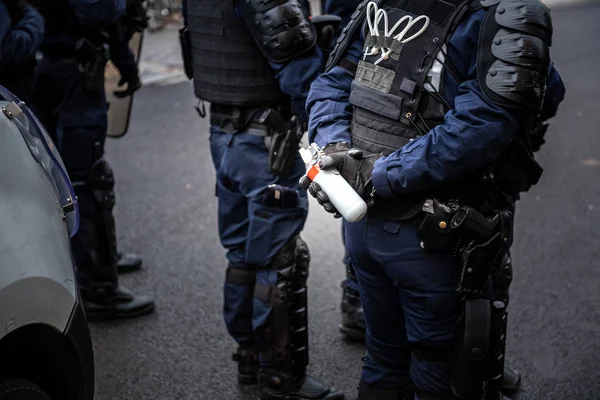
Scammers dressed like local police might ask to see your passport or wallet, claiming a routine check. Once you hand it over, they either demand a fake fine or simply disappear with your valuables. Real officers don’t ask for cash or documents without proper cause and ID.
Always stay calm, ask for ID, and don’t hand over anything without proof. Walking to the nearest police station usually sends the scammers running.
Friendship Bracelet Trick
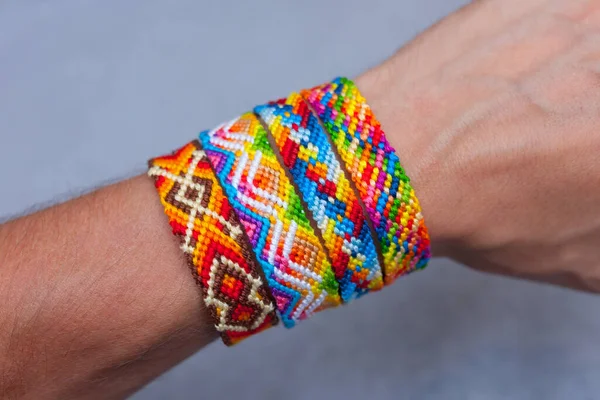
It starts with a smile and someone offering a handmade bracelet as a gift. They tie it onto your wrist quickly, then demand money or create a scene when you refuse. In crowded tourist spots, this trick distracts you long enough for a pickpocket to swoop in.
Experienced travelers now keep their hands to themselves and walk away fast. A true gift doesn’t come with pressure.
Fake Petition or Survey
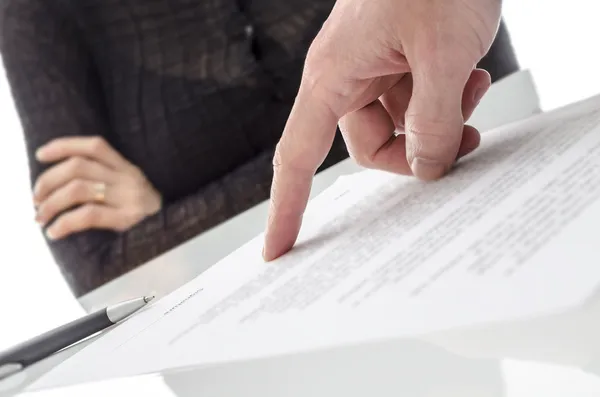
A group of people—often teens—approaches with a clipboard asking you to sign a petition or fill out a survey. While you’re distracted, one of them picks your pocket or scans your bag. It feels casual and harmless until your phone or wallet goes missing.
These setups are common near train stations, plazas, and landmarks. If you’re approached, keep your hands on your stuff and move on.
Like Travel Pug’s content? Follow us on MSN.
Overpriced Street Performers
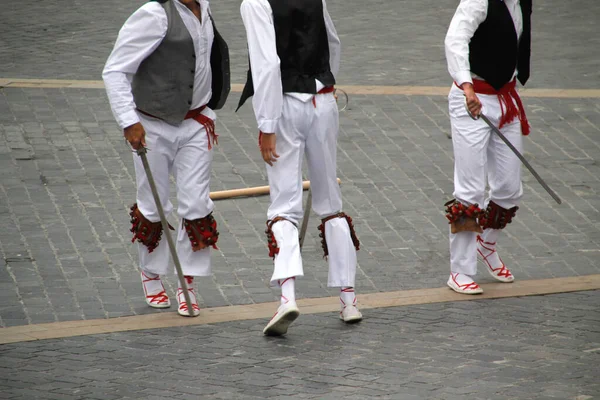
Taking a picture with a costumed character or musician seems fun—until they demand a tip you never agreed on. Some will surround you with others in on the act, applying pressure to pay up. It’s less about art and more about cornering tourists who don’t want confrontation.
Always ask before snapping a photo or joining a performance. If someone gets pushy, walk away confidently.
The Bump and Grab

In busy crowds, someone might bump into you on purpose while an accomplice snatches your wallet or bag. It feels like a harmless accident—until you notice something missing. Smart tourists wear crossbody bags and keep valuables in front, especially in stations or markets.
Being aware of your surroundings is the best defense. A gentle shove in a crowd shouldn’t go ignored.
Fake Currency Exchange
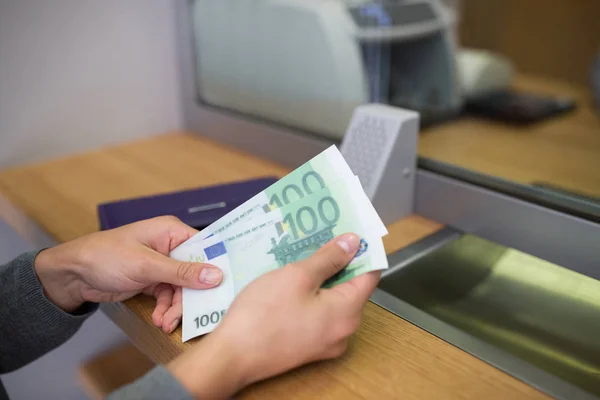
Pop-up money exchange spots offer great rates, but once the bills hit your hand, something’s off. They might slip in old, unusable currency or short you during the count. These scams prey on tourists who don’t know local money well.
Always use official exchanges or ATMs connected to banks. If a deal looks too perfect, it probably is.
Like Travel Pug’s content? Follow us on MSN.
Fake Wi-Fi Networks
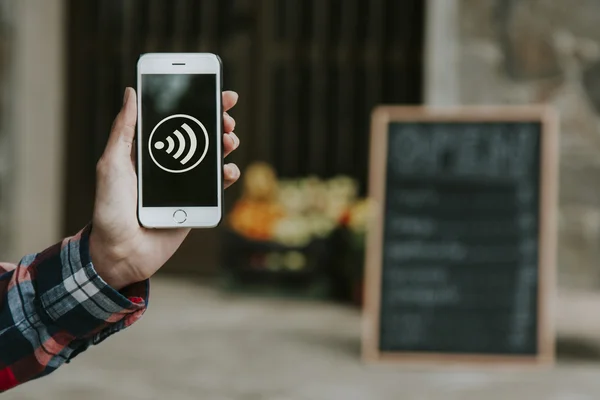
That free café Wi-Fi could actually be a scammer’s hotspot designed to steal your login details. Once connected, they can monitor your traffic and access private accounts.
Tourists rushing to check their email or maps often connect without thinking. Cruise veterans and seasoned travelers use VPNs or stick to trusted networks. A little caution goes a long way with public Wi-Fi.
The Damaged Rental Claim
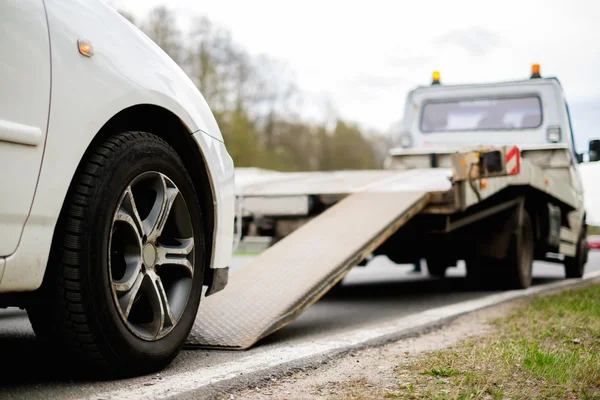
You return a rented car, scooter, or jet ski—only to be told you’ve caused major damage. The staff points out dents or scratches you never noticed, then charges you outrageous fees.
In some cases, the damage was already there when you got it. Smart travelers take clear photos of every angle before and after using rented gear. Document everything—your phone is your best defense.
Begging with a Baby

You’ll see a woman holding a sleeping baby, asking for money to feed her child. It tugs at your heart, but it’s often an organized ring using children as props.
The money rarely goes to food or shelter—it supports the scam itself. Experienced tourists donate through official charities instead. If something feels off, trust that instinct.
Like Travel Pug’s content? Follow us on MSN.
The Friendly Local Who Wants to Practice English

A stranger approaches you with perfect timing—friendly, eager, and excited to chat. After some conversation, they suggest a nearby bar, shop, or tea house. Once inside, you’re hit with a bill far higher than expected, and the stranger disappears.
It’s a classic setup, and it works because it feels harmless at first. Staying in public areas and saying a polite “no thanks” helps avoid it altogether.
Fake Tours and Tickets
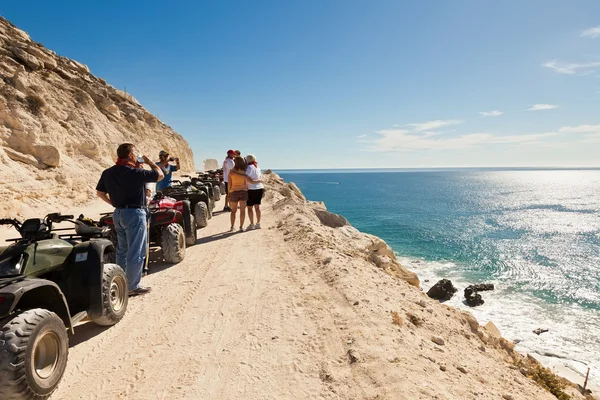
You’re offered a great deal on tickets to a show, museum, or guided tour—sometimes right outside the attraction. But when you try to use them, you’re denied entry because they’re fake or already scanned.
Tourists often lose money this way, especially in busy cities with lots of foot traffic. Always buy tickets from official websites or offices. Cheap isn’t always smart when it comes to access passes.
Pickpocket Gangs in Disguise
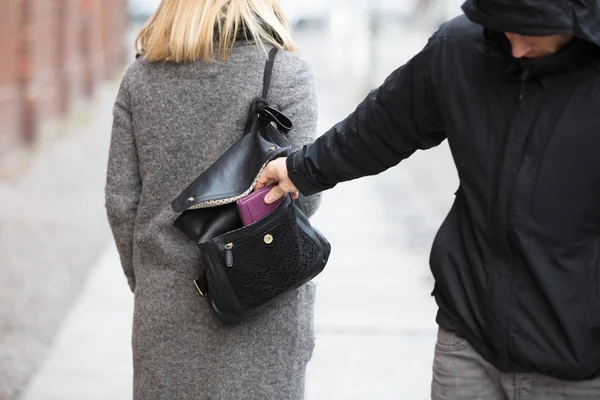
Some look like tourists themselves—camera in hand, map open, backpack on. But while asking for directions, they get close enough to lift your wallet or phone. It’s slick, fast, and surprisingly effective.
Frequent travelers now avoid showing valuables in crowded places and keep bags zipped up and in front. Just because someone looks lost doesn’t mean they are.
Like Travel Pug’s content? Follow us on MSN.
Currency Switch
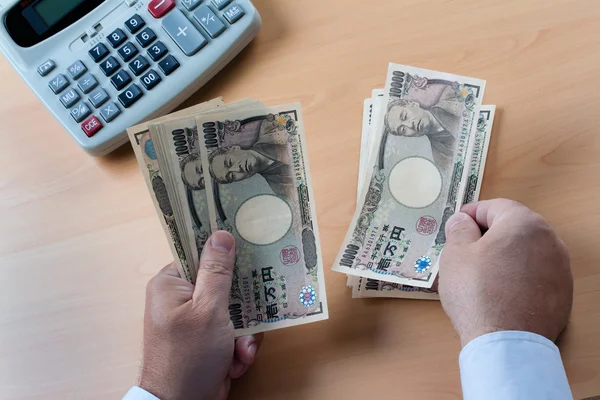
You hand over a large bill, and the vendor quickly switches it with a smaller one, claiming you shorted them. It happens fast, and unless you saw the sleight of hand, it’s tough to prove. The scam often catches people off guard when they’re rushing or distracted.
Always count money slowly and clearly, especially when exchanging bills. Confidence at the counter goes a long way.
Free Gift Trap

A local offers you something for free—a flower, souvenir, or token—and insists it’s a gift. Once you accept it, they follow you, demand payment, or guilt-trip you until you cave.
This scam works because no one wants to seem rude. Smart travelers smile, say “no thanks,” and keep walking without breaking stride. A freebie shouldn’t come with pressure or strings.
Street Smarts Go a Long Way

Even experienced travelers slip up, but a little awareness can keep most scams at bay. These tricks rely on speed, distraction, or emotional pressure—things we all fall for in unfamiliar places.
Staying calm, alert, and just a bit skeptical helps you travel smarter without feeling paranoid. It’s not about distrusting everyone—it’s about knowing what to look out for. With the right mindset, you can enjoy the world without getting played.
Like Travel Pug’s content? Follow us on MSN.
More from Travel Pug

- 20 Best Beach Towns in the Carolinas
- 13 Destinations Where Tourists Regularly Regret Their Trip
- 20 Things You Actually Get in First Class
- 20 Small Airports With Aviation Museums
- 20 Places in the U.S. That Are Perfect for a Reset Trip
Like Travel Pug’s content? Follow us on MSN.
